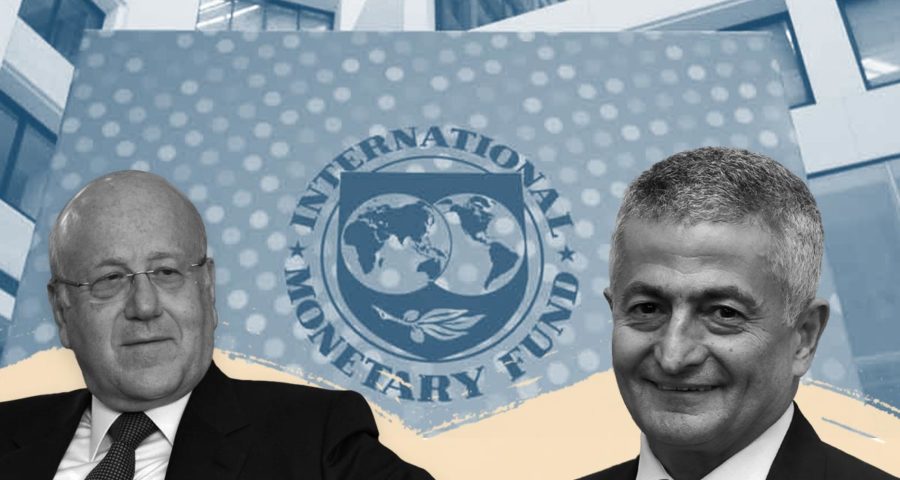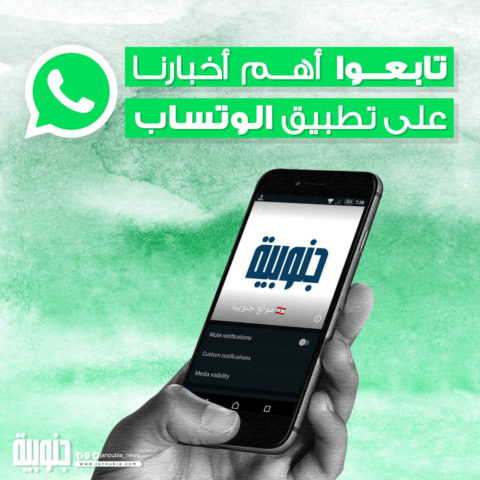
On Thursday, September 16, 2021, Lebanon will receive one billion and 135 million dollars as special drawing rights. These are divided into two parts: 860 million dollars for the year 2021, and 275 million from the year 2009. It is true that the fund allowed member nations to spend the money freely and according to their own needs, without conditions or oversight, but how they will be used will be the first test for PM Najib Mikati and his cabinet in front of the international community. This was made evident by the remarks of the IMF Director Kristalina Georgieva, who said that “it is necessary that these special drawing rights be used in a responsible and wise manner, especially since Lebanon is living through a very critical situation.”
It serves to recall that the IMF supported the state’s use of these funds to counter the spread of Covid-19, as well as social programs such as the rations card. However, transparency is required as it is the only hope of increasing trust between IMF and Lebanese officials who will meet for negotiations in the near future. The Mikati government has to prove to the IMF and the World Bank that it is serious about putting the country back on the right track away from the crisis. This has to happen before negotiations over a rescue plan with the international community begin.
What is required of Lebanon— i.e.: Its government and finance ministry— is the proper use of funds. Will the government meet these expectations honor its responsibility towards the impoverished Lebanese? Or will the money go to the pockets of merchants and fall through the cracks of corruption and political bribery under the watch of the international community?
The answers for these questions are open for all possibilities because prior experiences with this political class are not encouraging. The best example of that is all the actions leading up to the current economic crisis that has been ongoing for over two years. Economist Walid Abu Suleiman warns, in an interview with Janoubia, of the dangers of having no transparency or oversight on the incoming funds: “These funds will make their way into the central bank, and this access to foreign currency may open the door to exploitation. Therefore, transparency is very important in the use of these funds.”
He also believes that “using these funds to continue fuel subsidies is a very bad decision, and they are better spent being allocated to projects that solve the electricity problem which causes a real and huge drain on the state’s treasury and people’s incomes. Nothing is wrong with using part of that money to finance a subsidies card for the people, provided that the money reaches its beneficiaries directly, not into the accounts of politicians.”
He concluded by saying: “The capital control law regulates the financial operations of individuals and companies. This is what happened in Cyprus and Greece, and today it is happening with individuals and companies in Lebanon who can no longer transfer their money abroad because of the lack of regulation. What is also worrying is that these funds are fresh funds and are free of risk or restrictions. They can be freely spent!”
Financial and banking expert, Dr. Patrick Mardini, agrees with the characterization of these funds—Special Drawing Rights (SDR’s)— as unrestricted money to be spent at the discretion of the government. He points out, in a call with Janoubia, that there are “recommendations for them to be used in a transparent manner, but that is a non-binding statement. Lebanese officials are not obliged to do so.” He explains that “the Lebanese government is the one, along with the central bank, that decides how this money is spent. It can be spent in wrong pursuits like, for example, transferring some of the funds abroad or using most of it on subsidy cards for the people.”
“There is a great threat of malinvestment which would put Lebanon back in square one. However, we must also remind of the fact that even the currently available funds are being wasted on subsidy policies, most of which are in the form of credit lines to purchase fuel and gasoline that cannot be confirmed whether they are being used in Lebanon or across the borders.” Mardini explained. “A capital control law prevents Lebanese from sending money abroad, whereas its absence allows those privileged investors to transfer their money abroad while banks blocked everyone else from the same right.”
He concludes by saying: “right now, a capital control law would do more to protect the banks from claims of depositors, than it would protect depositors.”

